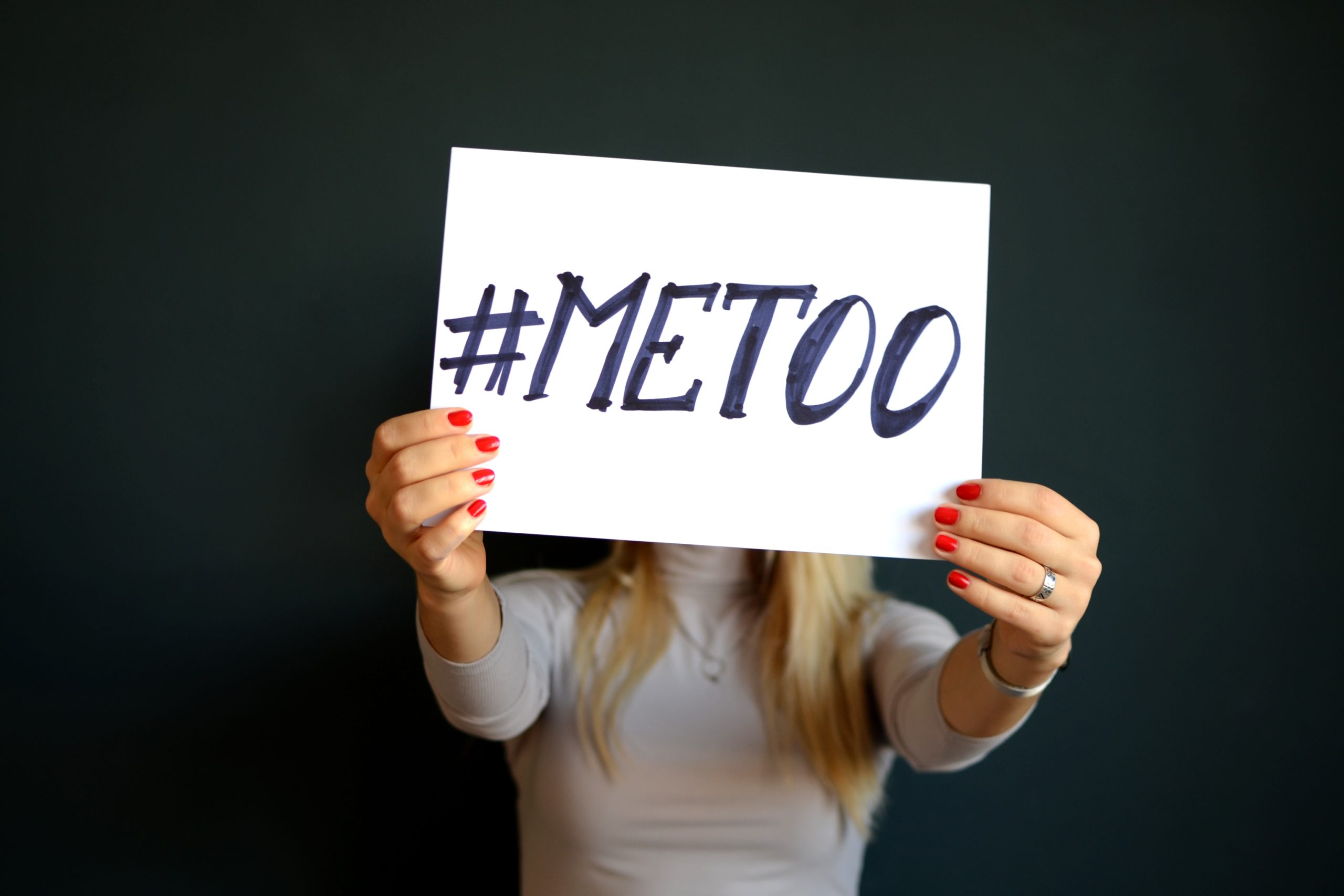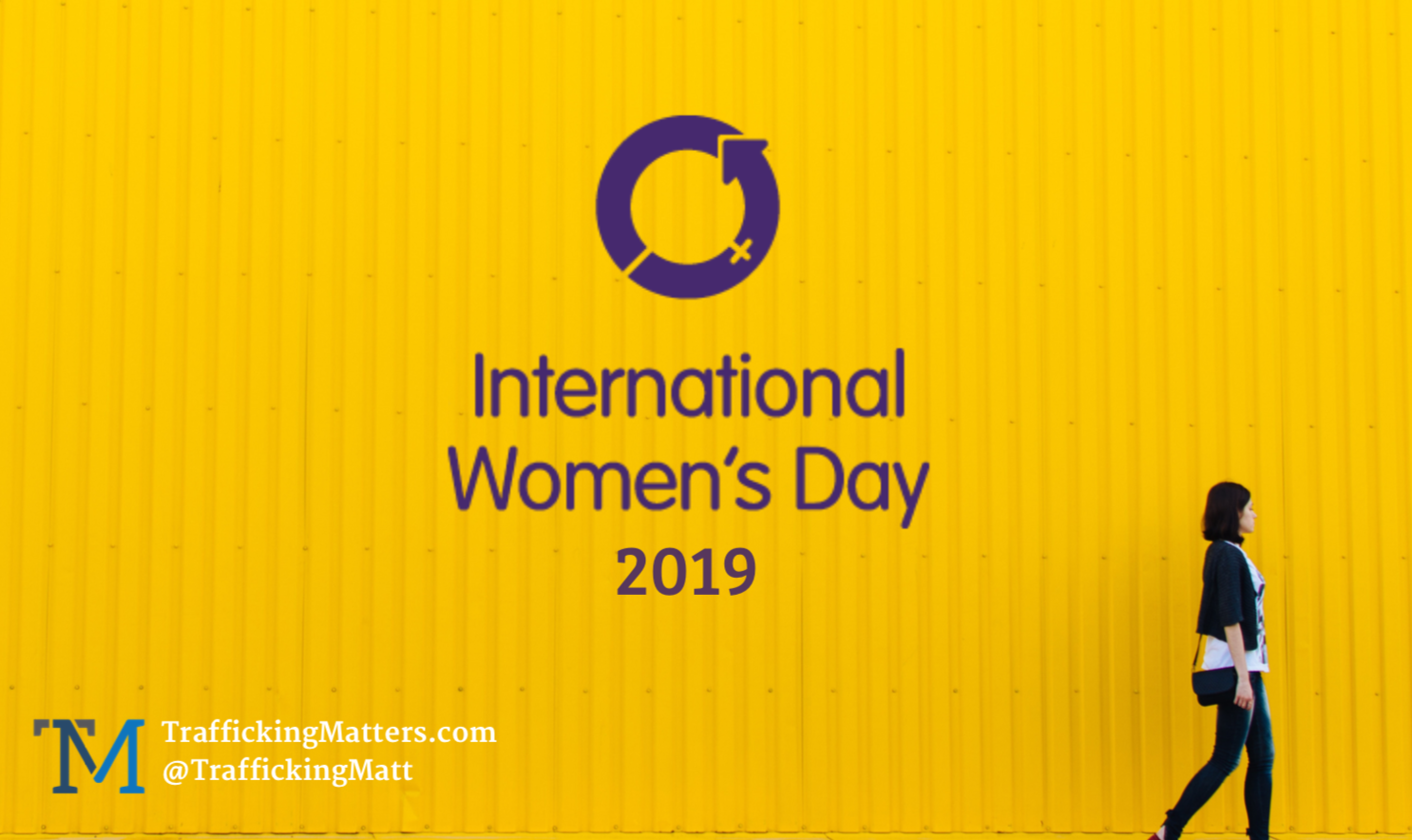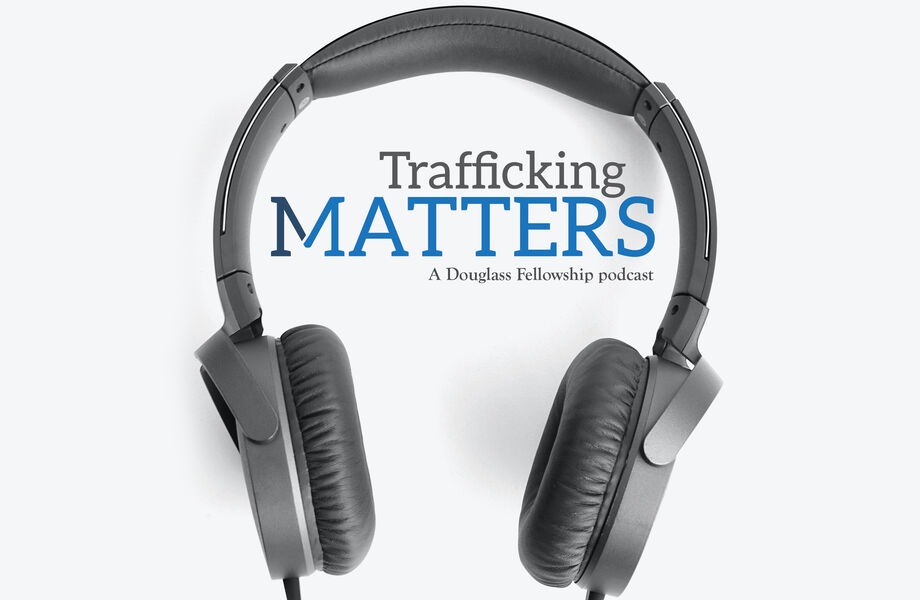The International Women’s Day 2019 campaign drives home the message of #BalanceforBetter, meaning that gender balance creates a better world. No recent movement better captures that idea than #MeToo, a viral movement that shed light on the pervasiveness of sexual violence and highlighted the need for systemic change toward gender equality.
To affect that desired change, many survivors in the #MeToo movement are turning to the courts. Survivors have filed civil law suits against their assailants, using the judicial system to hold perpetrators accountable and spark a cultural shift in gender roles. For some survivors, those lawsuits included sex trafficking claims under the Trafficking Victims Protection Act (TVPA).
Can the TVPA Provide Relief for Survivors in the #MeToo Movement?
The TVPA of 2000 created a series of criminal offenses for human trafficking. It also established a civil cause of action that allows survivors to sue their trafficker for human trafficking violations. One such violation is sex trafficking,1 which includes: (1) using force, fraud, or coercion to cause a person to engage in a commercial sex act, or (2) causing a minor to engage in a commercial sex act. According to federal law, a “commercial sex act” means “any sex act, on account of which anything of value is given to or received by any person.”2

That’s where the #MeToo claims come into play. Survivors in the #MeToo movement have utilized the TVPA to hold their assailants accountable under the theory that they were coerced into a commercial sex act. For example, if a boss sexually assaults an employee during a meeting to discuss a promotion, that would be a commercial sex act because a thing of value, i.e. the promotion, was contingent on the sex act, i.e. the sexual assault.
What Do #MeToo Claims Look Like Under the TVPA?
The Canosa v. Ziff3 and Pryor v. USA Diving, Inc.4 cases illustrate what #MeToo claims look like under the TVPA. In Canosa v. Ziff, television producer Alexandra Canosa accused Harvey Weinstein of repeated sexual assault in connection with her career advancement. Canosa stated that Weinstein set up meetings with her to discuss future production projects and would sexually assault her once they were alone. She contended that Weinstein threatened to ruin her career if she did not submit to his sexual advances. The complaint stated that a production role within Weinstein’s company had significant career-making potential and was considered a thing of value. Accordingly, this conduct would fall within the first definition of sex trafficking, as Weinstein allegedly used force, fraud, or coercion to cause Canosa to engage in a commercial sex act.

The Pryor v. USA Diving, Inc. case exemplifies a #MeToo claim under the second definition of sex trafficking, namely causing a minor to engage in a commercial sex act. In Pryor, an athlete on the U.S. Olympic Diving team accused her coach of repeated sexual abuse throughout her teenage years. Diver Eszter Pryor stated that coach William Bohoyoni forced her to perform sexual acts with him on a weekly basis, making her believe this was required for her continued involvement in diving. The complaint stated that Bohoyoni’s sexual abuse of minors on the Olympic path was rampant, forcing teenagers to “trade sex for diving coaching.”5 Given that involvement in USA Diving and Olympic-level coaching are things of value, this would also fall within the definition of “commercial sex act.”
Challenges to #MeToo Claims Under the TVPA
The main challenge facing survivors bringing #MeToo claims under the TVPA is that they are arguing for a novel interpretation of what constitutes a “commercial sex act.” In traditional sex trafficking cases, the trafficker obtains money and a purchaser obtains commercial sex. However, in #MeToo cases, the trafficker obtains commercial sex and the victim obtains the “thing of value,” such as a production project or coaching.
![]()
Defense attorneys have argued against this changed interpretation of commercial sex act, claiming that nothing of value actually changes hands in these scenarios. However, judges have rejected that argument, stating that a thing of value is not limited to monetary exchanges, but can include career opportunities and network connections.
Defense attorneys have also maintained that allowing #MeToo claims to proceed under human trafficking laws would inappropriately expand the federal sex trafficking statute. However, as courts have noted, Congress intended an expansive definition of “commercial sex act” when it passed the TVPA.
The Future of #MeToo and the TVPA
According to Lauren Hersh, the national director of World Without Exploitation, #MeToo and human trafficking are both “part of the same deeply rooted societal problem in gender inequality.”6
Hersh said, “When you pull a lot of stuff away, you are dealing with the privileged and entitled who are doing whatever they want to women and girls who are fearful of reporting it….”7 By utilizing the TVPA to hold perpetrators accountable for sexual violence, survivors may be able to help shift societal norms and bring about the gender balance called for on International Women’s Day.
- 1 18 U.S.C. § 1591.
- 2 18 U.S.C. § 1591(e)(3).
- 3 Complaint, Alexandra Canosa v. Dirk Ziff et al, No. 1:18-cv-04115 (S.D.N.Y. 2018).
- 4 Complaint, Eszter Pryor and Jane Does 2-50 v. USA Diving, Inc. et al, No. 1:18-cv-2113 (S.D. Ind. 2018).
- 5 Id.
- 6 Megan Cerullo, “Sex Trafficking Survivors Say Even in #MeToo Era They Struggle to be Heard,” New York Daily News (Mar. 17, 2018), available at: https://www.nydailynews.com/news/national/sex-trafficking-survivors-struggle-heard-metoo-era-article-1.3879514.
- 7 Id.




